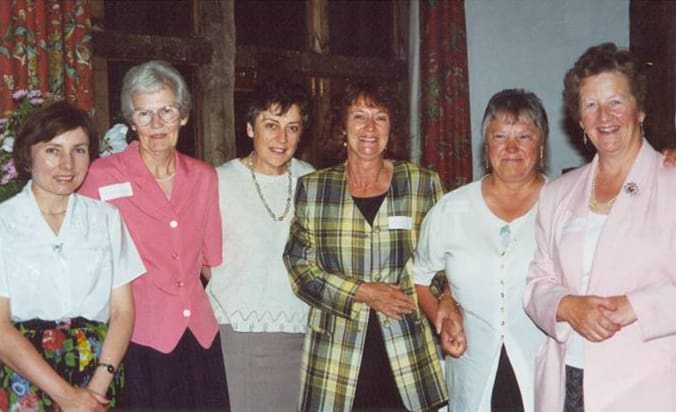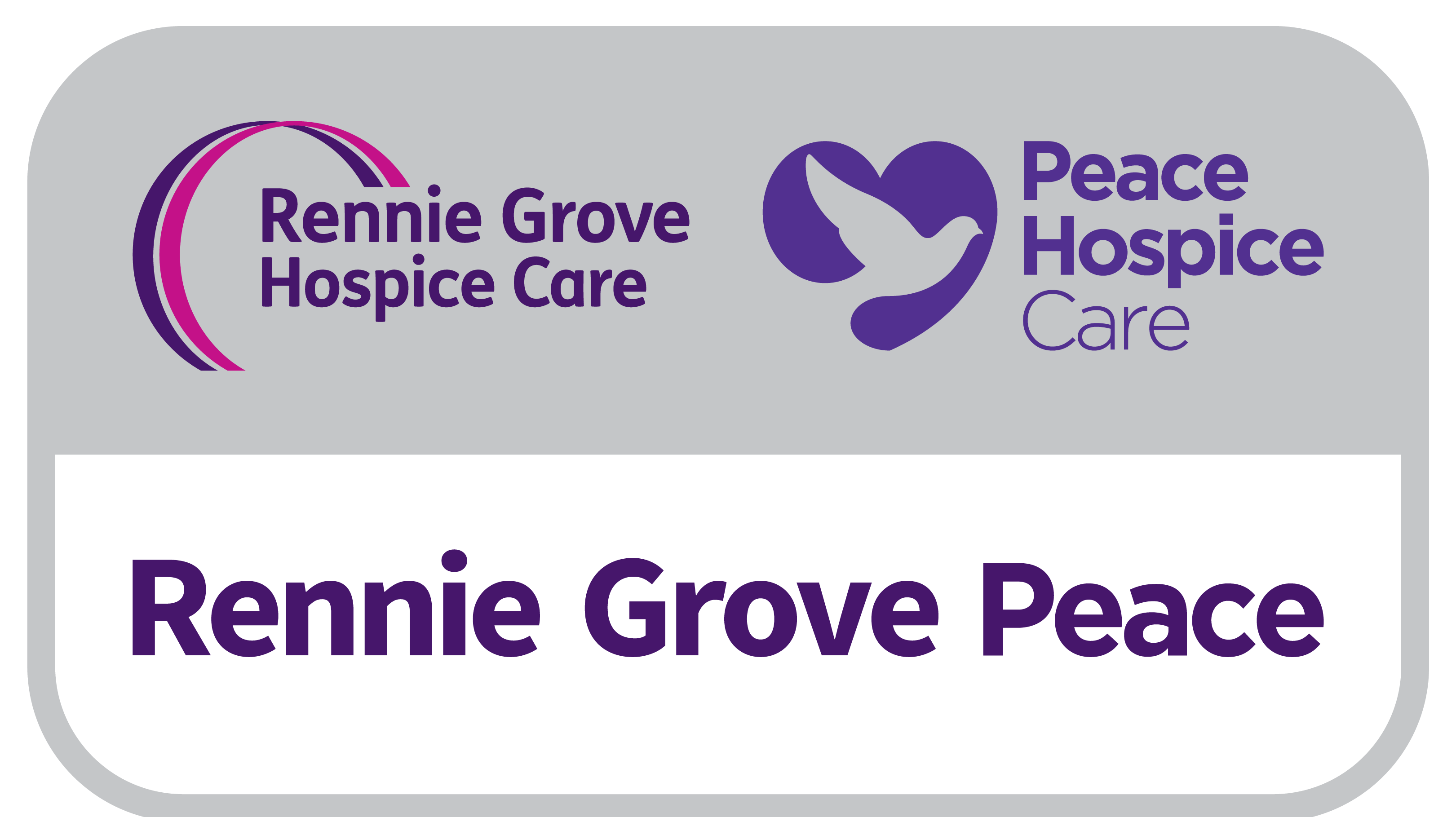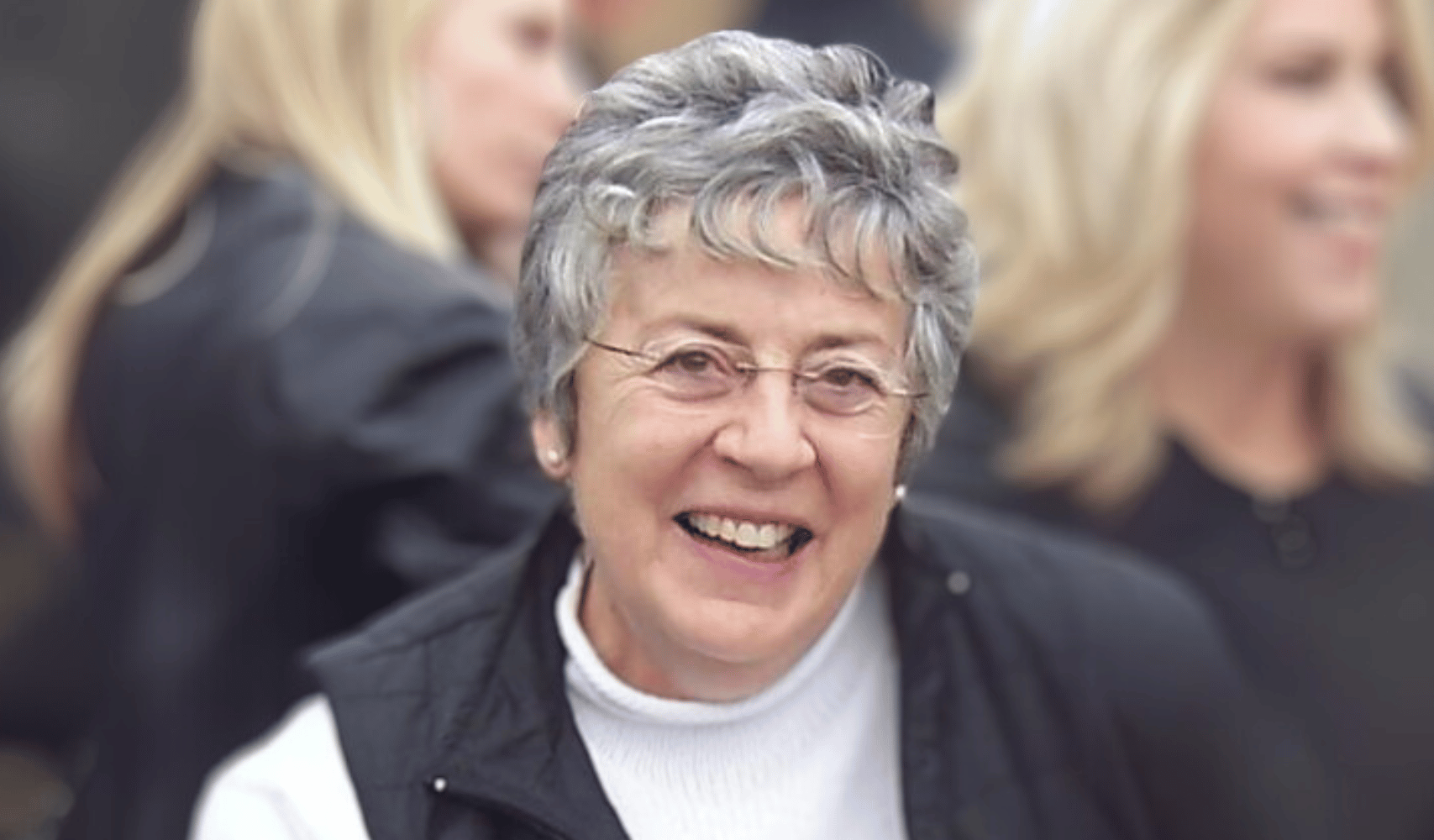“It all started with five nurses in our front room who passionately believed in a better way to care for people when they needed it most.” – Moira Rennie
In 1985 Iain Rennie, a young man in this mid 30s, was diagnosed with a brain tumour. Iain did not want to spend his last days in an impersonal general hospital ward. Both he and his wife, Moira desperately wanted him to be cared for in the familiar surroundings of their home so he could be with his family for as long as possible.
Moira Rennie MBE and Joint President of Rennie Grove Peace, says: “It all started with five nurses in our front room who passionately believed in a better way to care for people when they needed it most.”
One of the first nurses to speak to Moira Rennie was Mary Robson, whose vision and commitment were some of the driving forces in the charity’s infancy. Another of the original nurses was Margaret Seale who had met Iain and Moira in the hospital and was already providing support to help their two young sons come to terms with the situation. Daphne Vessey was a matron at a hospice in Berkhamsted where Mary and Margaret sometimes worked as bank nurses along with two others, Maureen Bryant and Thelma Steer.

The pioneer nurses provided around-the-clock nursing care at home
The five pioneer nurses discussed ways in which they could provide care and support to Iain and his family at home as hospice organisations were unable to do this at that time.
They decided to work together with the blessing of Iain’s GP and District Nurse, to provide the 24-hour nursing cover. Iain’s company Shell agreed to provide some funding to pay the nurses a basic wage.
The nurses wanted to continue providing care to other terminally ill patients in their homes
Iain died peacefully at home 10 weeks after he started receiving hospice care at home. The five nurses felt that the experience of caring for Iain had been so positive that they wanted to continue to provide this service, free of charge, to other terminally ill patients, in their own homes.
Iain Rennie Hospice at Home was born
By the time Iain had died, a second patient had been referred to the group of nurses, and the charity Iain Rennie Hospice at Home was born. It soon became a respected model for hospice at home care. Mary’s husband Eric stepped up to chair the fledgling organisation, and organised a management committee with an accountant, business secretary, GP, physiotherapist, occupational therapist, vicar and fundraiser – all giving their services free of charge.
Iain’s family believe strongly that the quality of the final 10 weeks of Iain’s life was enhanced greatly by the fact that he was in his home environment where he felt safe and where the family played a considerable role in his care.

